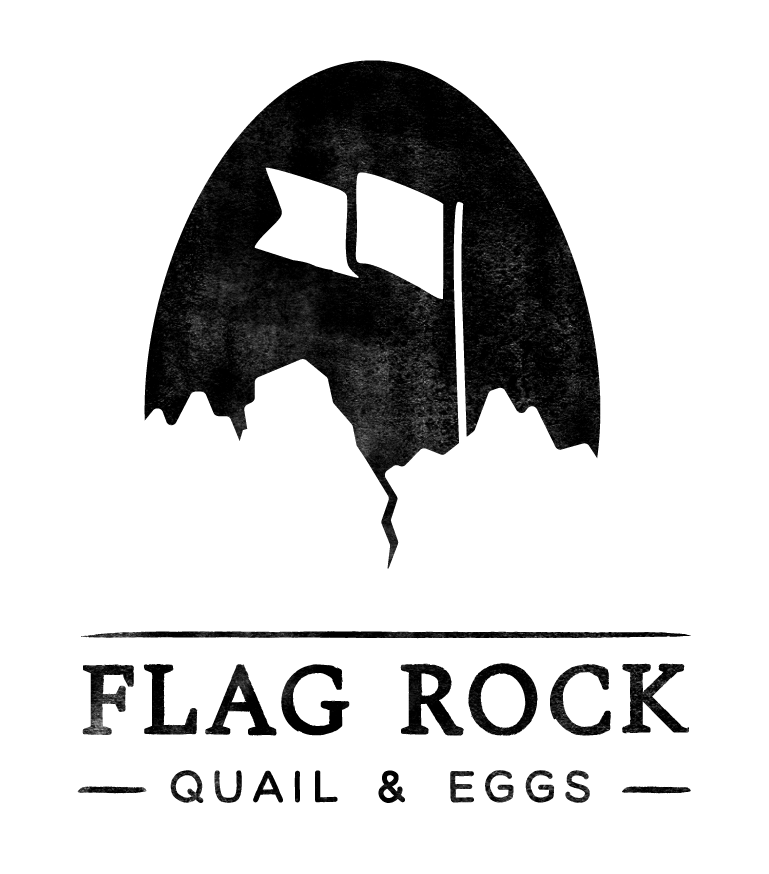Learn about Quail and Their Benefits
Introduction
Coturnix quail, also known as Japanese quail (Coturnix japonica), are rapidly gaining recognition as an economical and highly nutritious alternative to traditional poultry. Compact in size but rich in benefits, quail provide families, hobby farmers, and even pet owners with a sustainable source of protein, eggs, and valuable by-products like feathers and oil.
Why Raise Coturnix Quail?
-
Quail require far less feed and space than chickens, making them an ideal choice for small farms and backyard setups. They mature quickly, with females beginning to lay eggs as early as six weeks of age and producing up to 250 eggs annually.
This rapid lifecycle and high output make quail an economical option for those seeking homegrown protein and self-sufficiency.
-
Despite their small size, quail eggs pack an impressive nutritional punch. Studies show quail eggs have three to four times the nutrient value of chicken eggs, including higher concentrations of protein, essential amino acids, and beneficial fatty acids.
Quail meat is similarly nutrient-dense, containing more oleic acid than chicken or duck, a fatty acid associated with reduced cardiovascular risk.
-
Quail eggs and meat offer multiple health-promoting properties:
Immune Support: Quail eggs contain antioxidants, vitamins, and bioactive proteins with antimicrobial and anti-inflammatory properties.
Metabolic Balance: The amino acids leucine, valine, and lysine play roles in blood sugar regulation, bone health, and tissue repair.
Skin and Cosmetic Benefits: High levels of vitamin A and tyrosine in quail eggs support healthy skin, reducing dryness and signs of aging.
Medicinal Potential: Quail yolk oil has demonstrated antioxidant and anti-inflammatory effects, with studies showing it helps regulate gene expression linked to inflammation and oxidative stress.
-
Quail products aren’t just for people—pets can benefit too. Quail meat is a lean, low-calorie protein that supports muscle development in dogs. It’s also considered a novel protein, making it an excellent choice for pets with allergies or sensitivities to common meats like beef or chicken. Quail eggs and meat provide a wholesome option for raw feeding as well.
-
For human consumption: Fresh eggs, gourmet balut, and tender meat.
For pets: A hypoallergenic, nutrient-rich protein.
For crafts: Feathers are prized for fly tying and art.
For health and wellness: Quail yolk oil is being studied for antioxidant and therapeutic uses.
Getting Started with Quail
Coturnix quail are hardy, adaptable birds that thrive in small enclosures. They don’t require extensive land or infrastructure, and their quiet nature makes them more suitable for urban or suburban backyards than chickens. With a short generation cycle, rapid growth, and prolific egg production, they provide nearly immediate returns for those new to small-scale farming.
These birds are much more than just “mini chickens.” They are a powerhouse of nutrition, a sustainable livestock option, and a valuable resource for humans and animals alike. Whether you’re seeking healthier food for your family, exploring alternative proteins for your pets, or pursuing a step toward self-sufficiency, quail offer an accessible and rewarding path.
References
Quail for Dogs | Can Dogs Eat Quail? | PetMD
Nutritional Significance and Health Benefits of Quail’s Meat and Eggs: An Empirical Review
A Comparative Study on the Nutritive Value of Quail and Duck Egg



